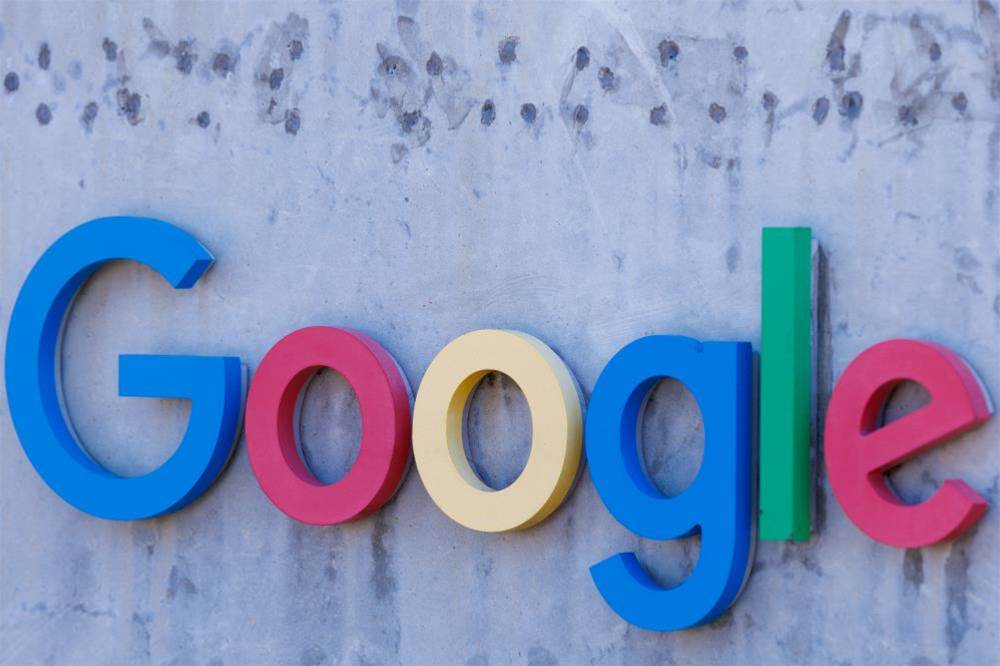“Apple Ramps Up to Defend Google’s Billion-Dollar Search Engine Agreements”
We independently review everything we recommend. When you buy through our links, we may earn a commission which is paid directly to our Australia-based writers, editors, and support staff. Thank you for your support!

Quick Read
- Apple is stepping into Google’s US antitrust trial regarding its supremacy in online search.
- Google compensates Apple about $32 billion each year to keep Google as the default search engine on Safari.
- Apple contends that Google can no longer adequately represent their combined interests because of the trial’s breadth.
- Apple plans to summon witnesses for the trial set for April 2025.
- This case could compel Google to divest Chrome or Android in order to enhance competition.
- Google suggests relaxing agreements with partners but aims to keep ad revenue-sharing arrangements intact.
- This seminal case has the potential to reshape global access to online information.
Apple Joins the Fray in Google’s Antitrust Conflict
Apple has emerged as a key player in Google’s significant US antitrust trial, submitting a motion to engage as a third party. Central to this legal conflict is the lucrative revenue-sharing arrangement between the two tech leaders, where Google significantly compensates Apple to ensure its status as the default search engine for the Safari browser.
With Apple reportedly garnering USD $20 billion (AUD $32 billion) from this collaboration in the past year, the stakes have escalated dramatically. Amidst the US Department of Justice (DOJ) seeking to dismantle Google’s purported monopoly in online search, Apple has claimed that it cannot depend on Google to sufficiently safeguard their shared interests in the courtroom.
Reasons Behind Apple’s Decision
No Intentions to Develop a Competing Search Engine
A surprising aspect of Apple’s court submissions is its acknowledgment that it does not plan to establish a rival search engine, regardless of how the trial unfolds. This stance emphasizes Apple’s dependence on its profitable revenue-sharing pact with Google, which has become a vital source of income for the company.
This decision reveals Apple’s strategic partnership with Google in this domain, even as both firms compete in other areas like mobile hardware and software.
Consequences for Google
Potential Breakup of the Monopoly
The DOJ is exploring strategies that could drastically transform Google’s business framework. Prosecutors are likely to assert that Google’s market dominance in online search hampers competition, advocating severe actions like requiring the sale of its Chrome browser or Android operating system.
Such developments would signify a major shift, redefining not just Google’s operations but also the broader technology landscape. Apple’s participation adds another layer of intricacy to an already formidable case.
Google’s Suggested Changes
To address the DOJ’s apprehensions, Google has proposed relaxing its default agreements with browser developers, mobile device creators, and telecom carriers. However, the tech company has refrained from eliminating its ad revenue-sharing contracts, a crucial issue for the prosecutors.
This initiative reflects Google’s attempt to hold onto its control in the search sector while satisfying regulatory concerns, though it remains uncertain if these actions will be considered adequate.
A Pivotal Case for the Technology Sector
The Google antitrust suit is poised to be one of the most notable legal confrontations in the history of the tech industry. Its resolution could transform how individuals engage with online information, potentially paving the way for new contenders in the search engine arena.
As Apple positions itself as a crucial figure in this legal drama, the implications of the trial are anticipated to reach far beyond the courtroom, impacting consumers, enterprises, and regulatory systems globally.
Summary
Apple’s choice to participate in Google’s antitrust trial highlights the immense stakes involved in sustaining its billion-dollar relationship with the search entity. While Google grapples with the pressure to reshape its business practices, Apple’s strategic actions underscore its dependence on the lucrative revenue-sharing arrangement. The outcome of the trial could yield profound consequences for the technology sector, competition legislation, and the dynamics of online search.
Q&A: Essential Information
Q: Why is Apple joining Google’s antitrust trial?
A:
Apple is getting involved to safeguard its interests in its financial agreement with Google, which it worries may not be adequately defended by Google during the trial.
Q: How much does Apple earn from its contract with Google?
A:
Apple reportedly acquired USD $20 billion (AUD $32 billion) in 2022 from its arrangement with Google to establish it as the default search engine on Safari.
Q: What are the goals of the US Department of Justice?
A:
The DOJ intends to dismantle Google’s control over the online search market, which may involve compelling it to sell its Chrome browser or Android operating system to restore market competition.
Q: Is Apple aiming to develop its own search engine?
A:
No, Apple has confirmed it has no plans to create a competing search engine, irrespective of the trial’s outcome.
Q: What could occur if Google loses the trial?
A:
If Google loses, it may undergo major restructuring, potentially selling key assets like Chrome or Android, along with modifications to its revenue-sharing agreements.
Q: How could this trial affect competition in the tech sector?
A:
The trial could allow more competitors to enter the search engine market, fostering innovation and possibly enhancing services for consumers.
